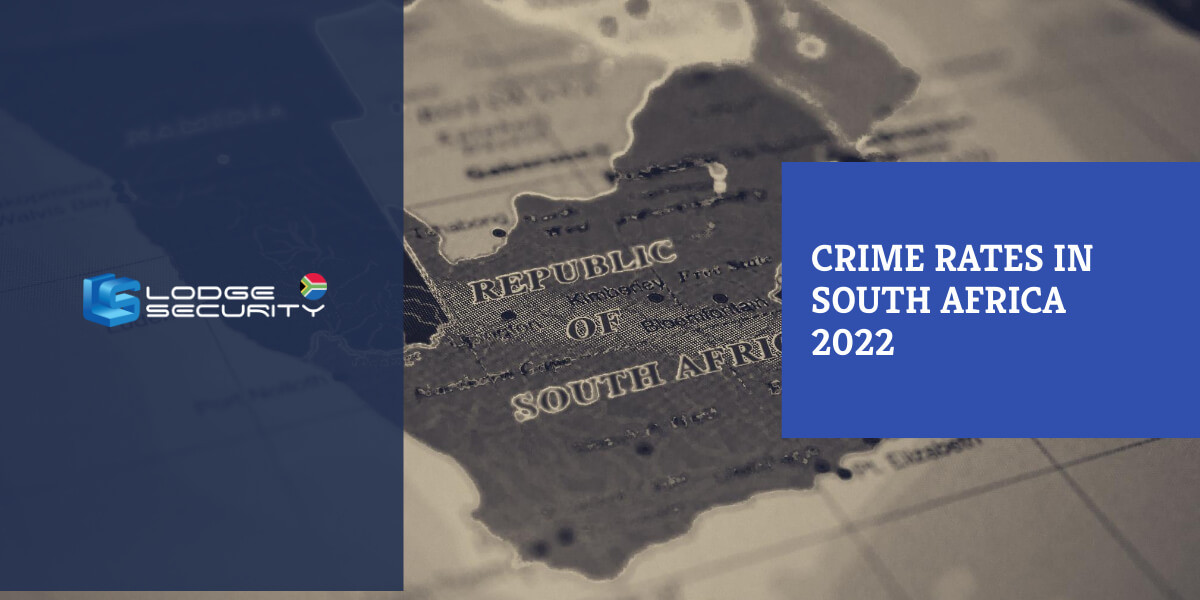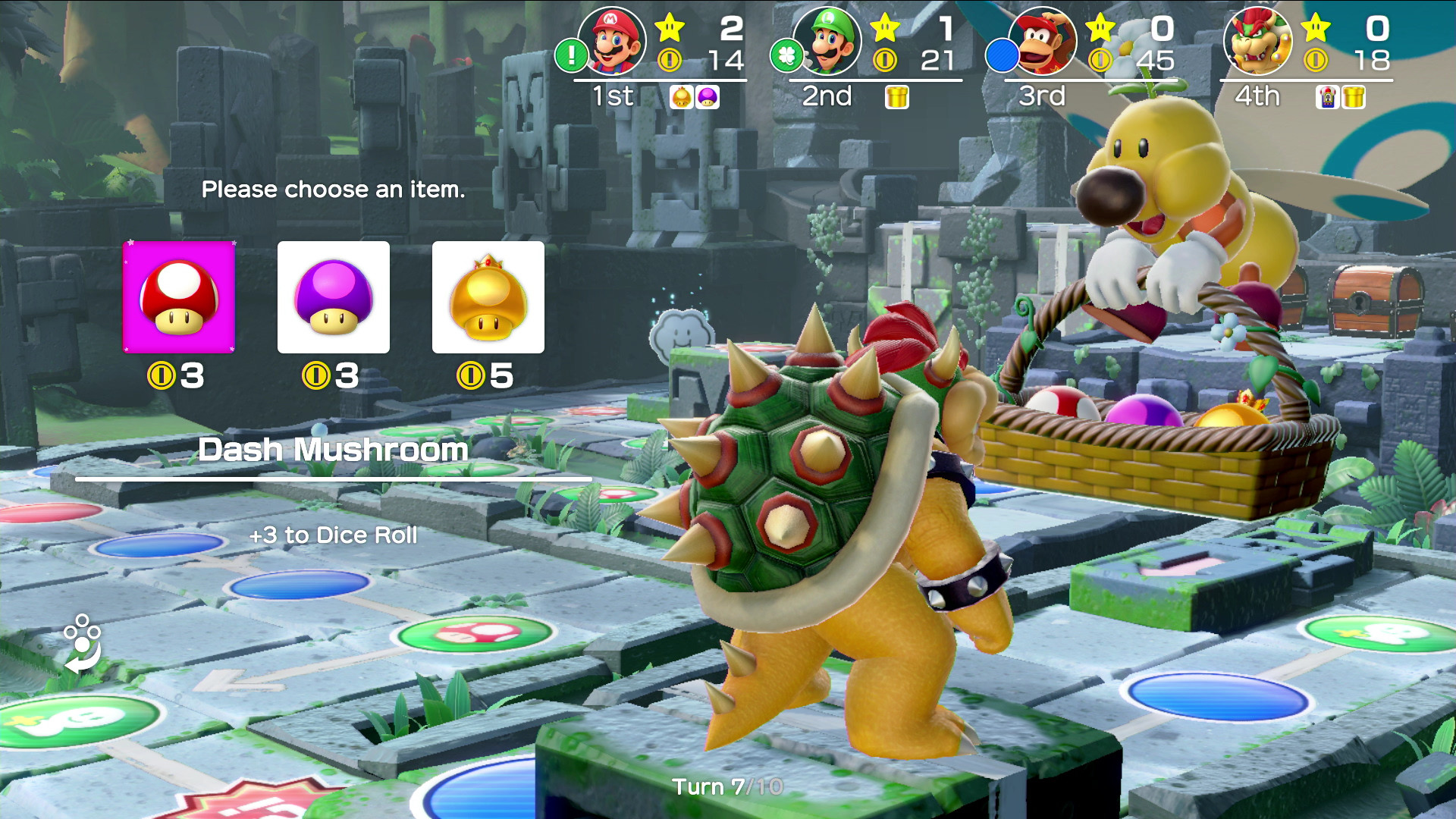As the price of copper soars, armed criminal syndicates are stripping the country bare in search of easy cash. A wave of copper theft is sweeping South Africa, dragging the country into a full-blown national crisis that's hobbled the electricity grid, forced hospitals and railways to suspend services, and confounded local authorities. Using homemade tools, organised syndicates of thieves pry open manhole covers and force their way into signal boxes to rip copper from wherever they can find it – in street lighting, power infrastructure and underground phone cabling.
South Africa is the continent's most industrialised economy, but also among the world's most unequal. Poverty and desperation have driven many thieves to steal to survive. At the same time, a global shortage of copper, which is a key component in electric vehicles, solar panels and computers, has made the crime even more profitable. In South Africa, copper is such a hot commodity it's been called “red gold” – and the rush is on.
Most nights for the last four years, Faith Nkosi, an unemployed single mother-of-four living in Alexandra, one of Johannesburg's poorest and most densely populated neighbourhoods, has set out on foot to hunt down copper thieves. Wrapping her scarf tightly around her, she made her way down dark alleyways to the meeting point, where the rest of the group was already gathered. Each went by a different call sign: Snow White, Desperado, Mayonnaise, Slander, Mamba, Computer, Fighter, Boss, and Cucumber. Together they make up Alexandra Community Patrol – a group of vigilantes formed during the pandemic to protect the township from copper thieves.
Faith Nkosi has become a fixture of the patrols, whose no-nonsense approach has earned the group a reputation in Alexandra and beyond. It's also brought with it complications. Criminals she's previously apprehended have recognised her at the supermarket or while running errands. Her children have reported being ostracised by classmates at school. Nothing is enough to rattle her. “Crime has affected me a lot, so I no longer fear criminals,” she said one early morning on patrol. “Criminals are now scared of us.”
For Ms Nkosi, there is a personal score to settle. Blackouts she blames on thieves ransacking Alexandra's fragile power grid have made life miserable for her and her children. In winter, homework has to be completed by candlelight. Without heating, some nights the temperature in her shack can approach freezing. Dinner is cooked on a kerosene stove.
Most nights on patrol are routine and the mood upbeat. Donations from locals have allowed patrollers to buy torches, radios and tasers. The group moves on foot down major roads and narrow passageways, stopping to question figures huddled in doorways and on street corners. Shift workers leaving on their early commute are often blinded by torch beams and patted down for weapons.
However, the patrollers' methods of fighting crime fall into a legal and moral grey area. They do not have the same powers as South African police. Stopping and frisking passers-by is unlawful. So is entering a home uninvited to search it for stolen copper. They do it anyway. When they find someone they suspect of theft, they detain them before calling police, who often arrive hours too late.
So Ms Nkosi has taken to more extreme measures. Using her sjambok, she lashes suspected copper thieves to extract a confession. “As we are whipping them, we say, ‘We are going to eat you,’” she said, referring to a process the patrollers call “marinating”.
She claims the patrols have coincided with a fall in copper-related crime. “The police do nothing. They don't assist us in anything,” she said. “We've changed the community in a positive manner.”
South Africa estimates the cost of copper theft to the economy to be at least 45 billion rand ($3.8 billion) annually. In Cape Town alone, local authorities say copper thieves cause more than a hundred thousand dollars in damage every week. Teams of city technicians work around the clock to replace stolen wiring from public infrastructure, only for thieves to return sometimes within hours.
“It will cost us 2,500 rand to replace that, but thieves will get 100 rand or less for the unit [on the black market],” said JP Smith, a Cape Town councillor who has gained a popular following for his tough-on-copper-crime stance. “We feel a sense of futility,” Mr Smith added. “Everything that isn't bolted or screwed down, there will be an attempt to steal.”
But the numbers tell only part of the story. Much clearer to see is the damage to South Africa's social fabric. In Johannesburg, many railway stations that once helped ferry thousands of commuters on the city's metro network now lie derelict and overgrown with weeds. Delays to their repair have stretched over years.
At night, stretches of the city are dark due to vandalised street lights. Theft of pipelines supplying oxygen to the intensive care unit of a major hospital endangers the lives of patients. Peak-hour commuters swerve around each other at major intersections without functioning traffic signals. Stealing copper requires no specialised equipment or training. A pair of thieves can make off with hundreds of dollars worth of metal using tools readily available from any hardware store.
Stolen copper is also difficult to trace – virtually impossible if it's refined in any way to remove identifying features. And although stealing it poses significant risks, such as electrocution, copper thieves can eke out a living in a country where the unemployment rate is more than 33 per cent.
“It's fast cash. It's money which you get today,” said a former copper gang member who spoke to the ABC on condition of anonymity. “I'm there today, I'll get 5,000 rand (about $400). Tomorrow if I go, I'll get another 5,000.”
The former thief said gang leaders were ruthless and were prepared to kill anyone who stood in their way. “Even the police, private security – if they enter the area, it's going to be war,” he said. “We had a couple of guys die. Some with electricity, some they are shot.”
While smaller thefts are the doing of individual thieves – often to buy nyaope, a highly addictive drug cocktail popular in South Africa's townships – organised syndicates are responsible for the most audacious copper heists. Groups of sometimes more than a dozen men employ meticulous planning and specialised techniques to make off with much more valuable spoils.
“We worked hand-in-hand with the police,” said the former syndicate member. Police accept bribes to release suspects without charge, he said, and even act as a lookout for thieves during a heist. A South African Police Service spokesperson did not respond to emailed questions. “I was not afraid of being caught,” the former syndicate member said. “You basically felt unstoppable.”
To steal and smuggle copper out of the country, the syndicates use vast networks of scrap yards, recyclers, agents, as well as corrupt police and customs officials, according to a landmark 2023 report on copper theft by the Global Initiative Against Transnational Organised Crime.
Once stolen, copper is sold to a local scrap yard, sometimes known as a bucket shop. Of the thousands found in cities across South Africa, it's impossible to know which knowingly deals in illicit metal. Some scrap yards are affiliated with gangs, who use fraudulent paperwork to cover their tracks. From there, copper is often refined down, removing any identifying marks, before it's readied for transport.
Each year, tonnes of stolen copper is shipped out of South Africa in containers bound for buyers in places like China and India. Smugglers use false documentation to mislabel containers, according to the report, which are not properly inspected before leaving port.
In May, the US price for copper reached an all-time high of more than $17,000 a tonne. That could rise even further. The worldwide copper shortage is projected to extend into the next decade. Meanwhile, efforts by South Africa's government to combat the problem, including a total ban on scrap metal exports, have failed to stop the illicit trade.
South African police have also been widely criticised for failing to curb copper theft. Years of endemic corruption and under-resourcing have eroded public trust in law enforcement. “It is difficult because you're constantly catching the bread and butter thief,” said Darryl Domeyer, a senior inspector with Cape Town's specialised metal theft unit, known as the Copperheads. “But you're not getting to the major syndicates.”
Instead, a shadow police force has filled the void left by authorities. South Africa's private security industry is today one of the world's largest. There are more than 2.7 million registered security officers, according to the industry regulator. Often employed by corporations to protect their assets, they vastly outnumber sworn law enforcement.
Clad in tactical gear and heavily armed, rapid response teams patrol neighbourhoods for thieves. Back at base, intelligence officers gather tip-offs from informants inside copper syndicates to help disrupt gang activity. Lawyers employed by private security firms collate evidence and prepare briefs for police.
One such company is Combined Private Investigations (CPI), headquartered in Johannesburg with offices dotted across the country. From a campus north of the city, CPI's staff monitor live feeds of teams in the field. To access its command centre – a windowless room lined with screens displaying maps and charts – staff must first pass a facial recognition test.
“We're able to understand and know how [copper syndicates] function – who's communicating with who, who provides which equipment,” said Steph Brand, a CPI staffer. “Violent confrontations between us and the criminal element are unfortunately a weekly occurrence.”
Late one evening in August, about a dozen CPI officers assembled on the driveway of a safe house in the suburbs of Johannesburg. They lowered their heads in prayer as their leader delivered a routine briefing. “Be vigilant,” the leader said to the group. “I expect to see you tomorrow morning – all of you alive.”
Despite its size, the gathering barely registered with the neighbours, who had grown used to seeing vehicles coming and going at odd hours. At around 10pm, the team set off in convoy from the safe house.
For the next few hours, they acted on intelligence fed to them from the CPI command centre. In Germiston, in Johannesburg's eastern suburbs, the team crept through the remains of a ransacked electricity substation. In nearby Boksburg, they used night vision binoculars to follow a lead into open parkland before the trail went cold.
It wasn't until the early hours of the morning that the call came through: an officer had found something suspicious. Urgent backup was requested.
On a street in the centre of Johannesburg, some scattered belongings next to the sealed manhole cover might have otherwise gone unnoticed. Prying it open, the team made a startling discovery.
Two men blinked back at them from the cavity below. “Nice, man,” one officer exclaimed. “Yeah, you little f***ers!”
Two officers hauled the men out and pushed them face-down on the concrete, cuffing them.
The suspected thieves were found with severed thick electrical cables and some worn tools lying at their feet.
They sat resigned on the curb, waiting to be taken to the police station.
One of the officers fished a small Nokia phone from the pocket of one of the men and began to examine it. “You can see it's 02:33 with today's date,” said the officer, pointing at a message sent on the phone's scratched screen. “They obviously SMS'd someone to say that they're under arrest. They were working with a criminal syndicate.”
According to CPI, officers make approximately 60 to 65 arrests of suspected copper thieves each month. But not all arrested are charged, and not all charged are convicted. CPI officers can sometimes run into the same faces. “We've had instances where we've arrested people more than once on separate occasions,” said one officer.
Back in Alexandra, Ms Nkosi doesn't have the same problem to contend with. Vigilante patrols have started in other townships in the city, forming a loose network to share information on criminal activity.
Family members have tried to convince Ms Nkosi to give up patrolling for her own safety, but she refuses to slow down. On nights when she sleeps through her alarm, her kids shake her awake. “Mummy, mummy it's time for patrol!” they cry. “Wake up!”
Some weekends she has to turn her phone off just so she can have some uninterrupted time to herself. But not even that guarantees any peace. If her fellow patrollers can't get through, they knock on her front door.
Still, nothing has changed her mind – as long as patrols continue, copper thieves will stay away. “We are the solution,” she said. “Not part of. We are the solution.”

















